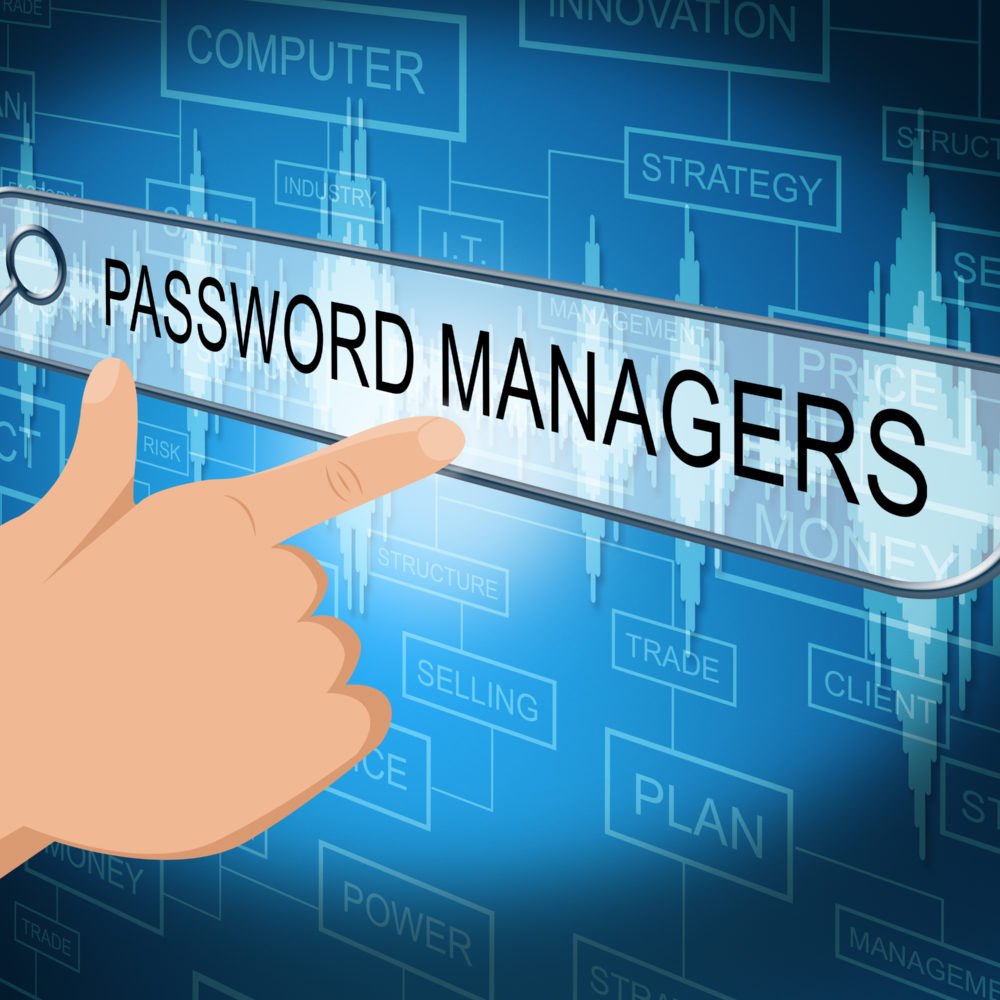In the Fall of 2018, Microsoft announced that its Windows 7 product would experience its end of life as of January 14, 2020. This will have major implications for businesses as Microsoft will stop providing free Windows 7 support such as security updates. That means business leaders will have to choose between paying Microsoft an annual fee per device for updates and support to maintain Windows 7 or businesses will have to move on to an updated product such as Windows 10. This blog outlines what the end of life for Windows 7 will look like for the consumer, what your options are, and what the experts at ORAM recommend.
End of Life
Just as the human body runs out of steam and becomes too old or sick to continue to function properly, the same is true of technology. Newer, safer, better versions become available so the old technology typically goes the way of the Dodo. This is due to the fact that software manufacturers don’t have the manpower to continue to produce updates and provide support for older products as newer versions become available.
According to a June 2019 update for the Windows Lifecycle Fact Sheet, “Every Windows product has a lifecycle. The lifecycle begins when a product is released and ends when it’s no longer supported. Knowing key dates in this lifecycle helps you make informed decisions about when to update, upgrade or make other changes to your software.”
Extended Support Updates
While the end of life for Windows 7 is set for January 14, 2020, businesses not yet ready to make the switch to a newer version of Windows can opt-in for Extended Support Updates (ESUs). Businesses should be prepared as this extended support is expensive, especially for businesses that have numerous computers, and the cost will continue to increase over time.
For example, the first year of ESUs (January 2020 to January 2021) will cost $25 per device for Windows Enterprise and $50 per device for Windows 7 Pro. The second year of ESUs (January 2021 to January 2022), this cost will double and, by year three, it will double again.
In addition to the extraordinary cost for ESUs, the older versions of Windows won’t have the same capabilities on some newer devices which, again, limits its use.
“Prior versions of Windows, including Windows 7 and Windows 8.1, have limited support when running on new processors and chipsets from manufacturers like Intel, AMD, NVidia, and Qualcomm,” according to Microsoft. “A device may not be able to run prior versions of Windows if the device hardware is incompatible, lacks current drivers, or is otherwise outside the original equipment manufacturer’s (OEM) support period.”
Microsoft makes it clear on its site that, “If you continue to use Windows 7 after support has ended, your PC will still work, but it may become more vulnerable to security risks and viruses. Your PC will continue to start and run, but Microsoft will no longer provide the following support for your business (unless you pay the extra annual fee per device): No technical support, no software updates, no security updates.”
What it all boils down to is that without the continued support for Windows 7, businesses are putting themselves at a much higher risk of experiencing a breach or data loss.
It’s Time to Upgrade
In order to avoid security risks and viruses, Microsoft recommends that you upgrade to Windows 10. At ORAM, we agree with Microsoft’s recommendation that it’s time for businesses to make the move to an updated software such as Windows 10. Not only does keeping Windows 7 put your business at a higher security risk, which may put you out of regulatory compliance in some cases, but the cost of ESUs is prohibitive for most businesses and will likely cost your business more money in the long run than it would to upgrade, depending on your individual circumstances.
The software system of Microsoft 7 is very dated. It’s been out for 10 years now and Microsoft can’t maintain so many operating systems. To stay on the cutting edge of technology and save money, it behooves business leaders to upgrade their software.
Hardware Upgrades
In addition to software, now is the time to also take a good look at your business hardware. We recommend new hardware every three to four years to keep up with manufacturer warranties. We want to make sure our clients have hardware that is up to speed, can be effectively managed and is warranted by the manufacturer.
For machines more than a year old, ORAM recommends a hardware upgrade. The reason for this is that there is more activity happening online than there was just three years ago. This means consumers, the clients your business serves, use the latest technology and expect your business is doing the same. For example, voice recognition technology has made huge leaps and bounds in just the last couple of years and consumers are using it more every day.
If you make the move to upgrade your software without upgrading your hardware there are many steps to making the change. This can be costly in terms of IT hours and services. For starters, you’ll need to remove all information from your computer, install the new operating system, reinstall all applications, and then bring your data back over. The cost of that can be quite prohibitive as it can take three to four hours per device to make these updates to older hardware.
Installing new hardware with the new software already on board is more cost effective. It allows you to simply upload the apps you want and add your data. You’re all set to move ahead from there and it takes much less time. Of course, for ORAM clients on managed services contracts, installing new hardware and migrating data is part of our monthly services.
Beat the Rush
At ORAM, we recommend that our clients start getting ahead of replacements and upgrades now as hardware may end up on backorder depending on the increase in demand as we approach the end of life deadline. Additionally, you can expect that the cost of new hardware and software may even increase the closer we get to January. Also, you’ll want to schedule your managed services provider to perform updates and the swapping of hardware as soon as possible before they get completely booked.
For more information about end of life for Windows 7, software and hardware upgrades, or managed services, please contact ORAM Corporate Advisors now at (617) 933-5060 or visit us online.


